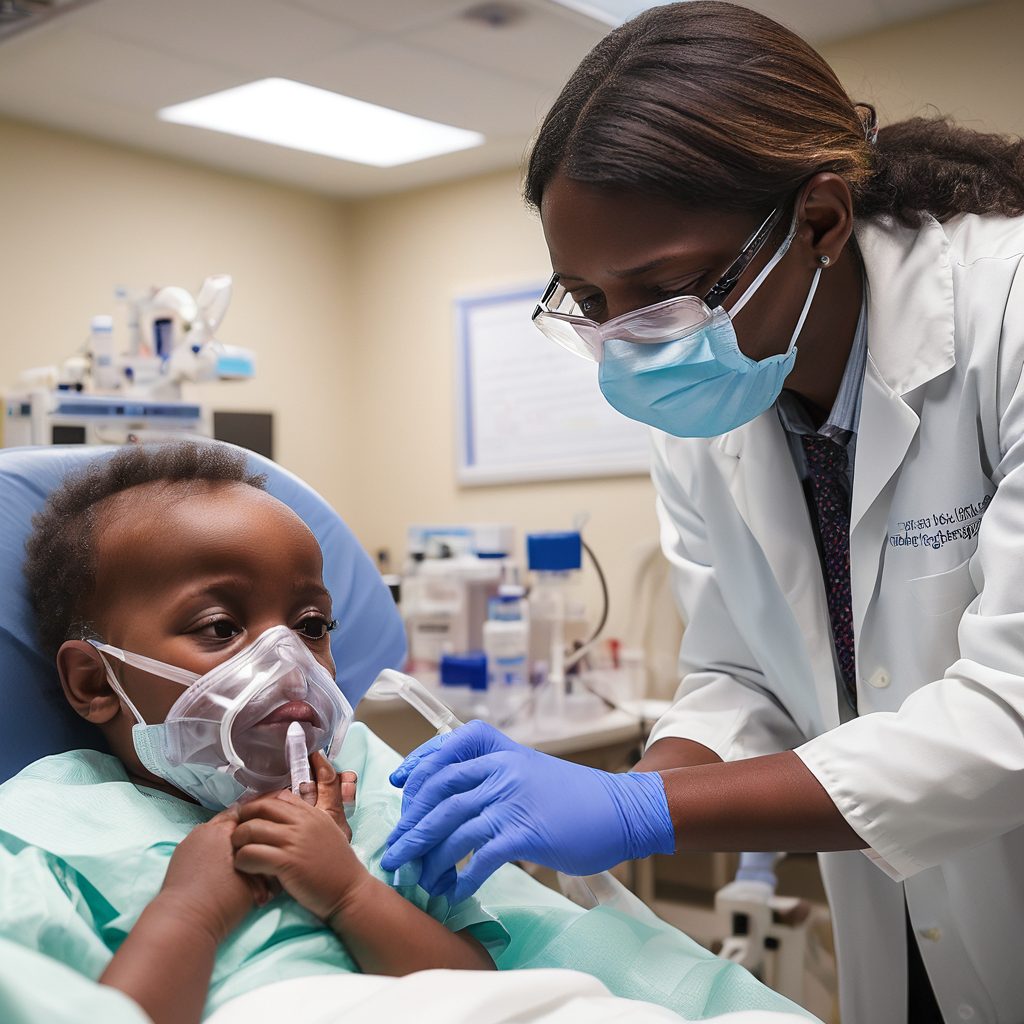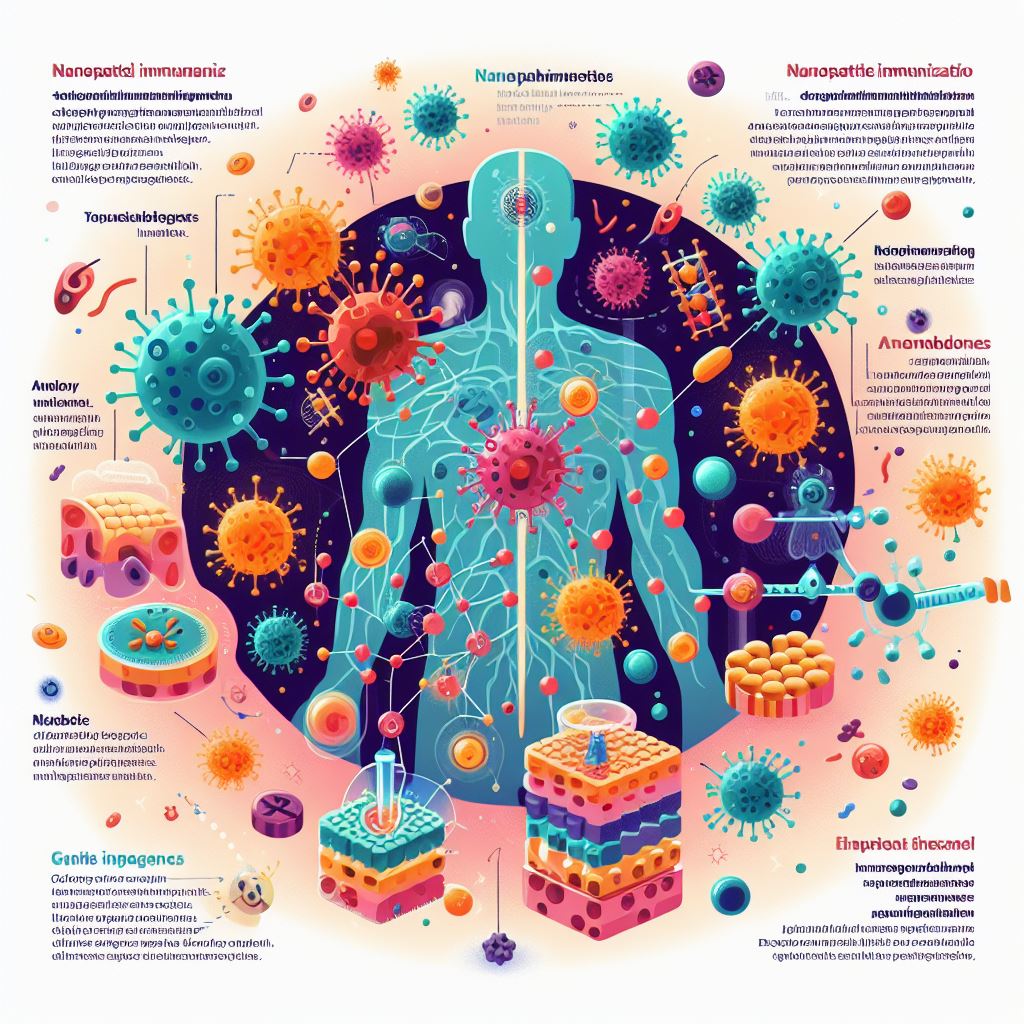Researchers Push for Advanced Treatments and Vaccines for RSV
Researchers from Georgia State University and the Institute for Biomedical Sciences are actively working to develop enhanced treatments and tools for vaccines against respiratory syncytial virus
RSV is a prevalent respiratory infection that affects the lower lungs, causing symptoms similar to those of a common cold. Most individuals recover within 1 to 2 weeks, but the infection can lead to severe complications, especially in adults, resulting in hospitalization. RSV spreads through droplets from coughs or sneezes or by touching contaminated surfaces and then touching the mouth, nose, or eyes .
RSV infections peak during the winter but begin in the fall, leading to approximately 60,000 to 160,000 hospitalizations annually and up to 10,000 deaths among adults aged 65 and older in the United States. Older adults, particularly those with comorbidities, are at a higher risk due to age-related declines in immune function .
“Overall, understanding and addressing the long-term effects of RSV in older adults is crucial for public health and patient care. While the virus initially presents as a mild respiratory infection, it can lead to severe complications, particularly among the elderly population, resulting in hospitalization and even death,” said Anjeza Fero, PharmD, RPh, in an article published by Pharmacy Times .
Currently available vaccines from GSK (Arexvy) and Pfizer (Abrysvo) show promising efficacy among adults aged 60 and older. However, specific treatment options for mild RSV infections are limited to hydration and rest .
Richard Plemper, director of the Georgia State Center for Translational Antiviral Research, is at the forefront of enhancing RSV treatment options. Plemper’s research focuses on understanding the pathogenesis of respiratory RNA viruses and developing antiviral drugs .
The researchers developed a tool that can be introduced into cells during drug screening. This tool works by emitting fluorescent or bioluminescent light at varying intensities when RSV genes are suppressed by antiviral agents. This method provides a safer alternative as it does not involve the viral proteins that initiate infection .
This is not Plemper’s first innovation. In April 2024, Georgia State’s Office of Technology Transfer signed a new non-exclusive internal vaccine research and development license agreement for an RSV Minigenome construct developed by Plemper’s team. Other tools created at Georgia State by Plemper include VSV-eGFP with eGFP Reporter, VSV-nanoLuc with nano-Luciferase Reporter, and Recombinant Respiratory Syncytial Virus (RSV) Firefly Luciferase Reporter Virus .
“We are constantly working toward developing new ways to treat, prevent, and detect RSV, and we know this technology has the potential to make testing safer,” Plemper said in a news release. “We also feel confident that these tools have novel uses for those who study antivirals in the biotechnology industry.”
The ongoing efforts by Georgia State University and the Institute for Biomedical Sciences hold promise for the development of more effective treatments and vaccines for RSV, potentially reducing the significant health burden caused by this virus.
Join us at the 6th Vaccine World East Asia Congress on August 13th-14th, 2024, in Incheon, South Korea, where global leaders will unite to explore cutting-edge advancements in vaccine R&D and manufacturing. From groundbreaking immunology breakthroughs to transformative technologies, this congress promises to shape the future of vaccines worldwide. Don’t miss out on this vital platform for collaboration and innovation! Find out more at: https://imapac.com/events/vaccine-world-east-asia/





